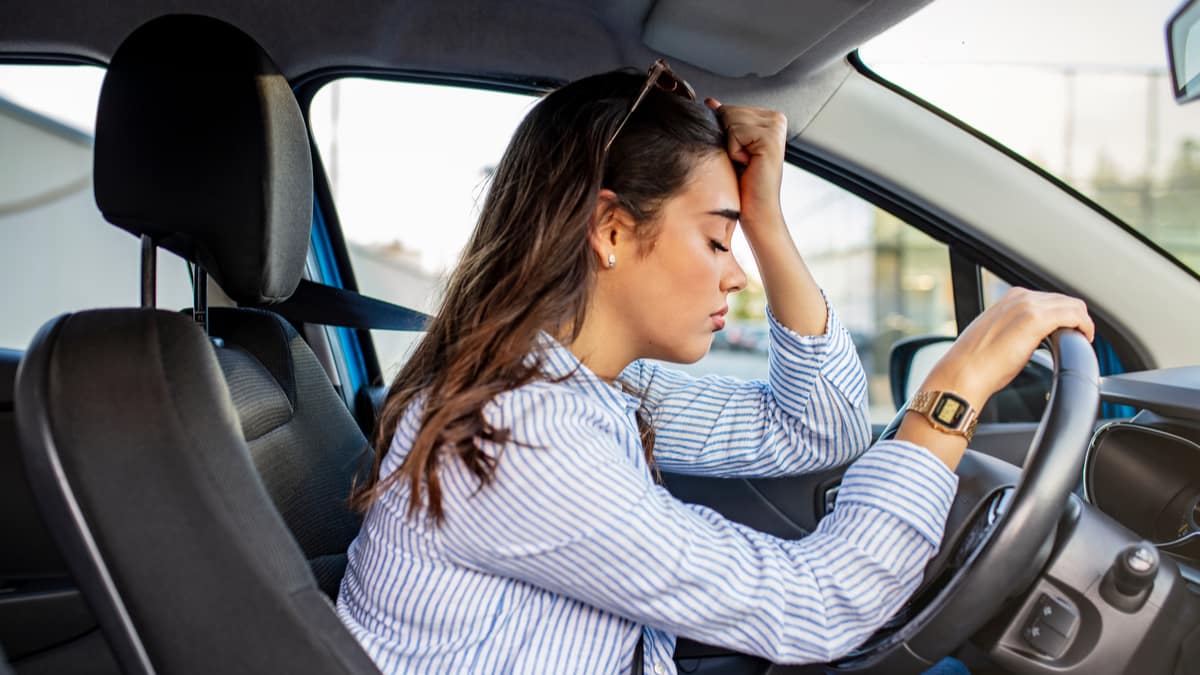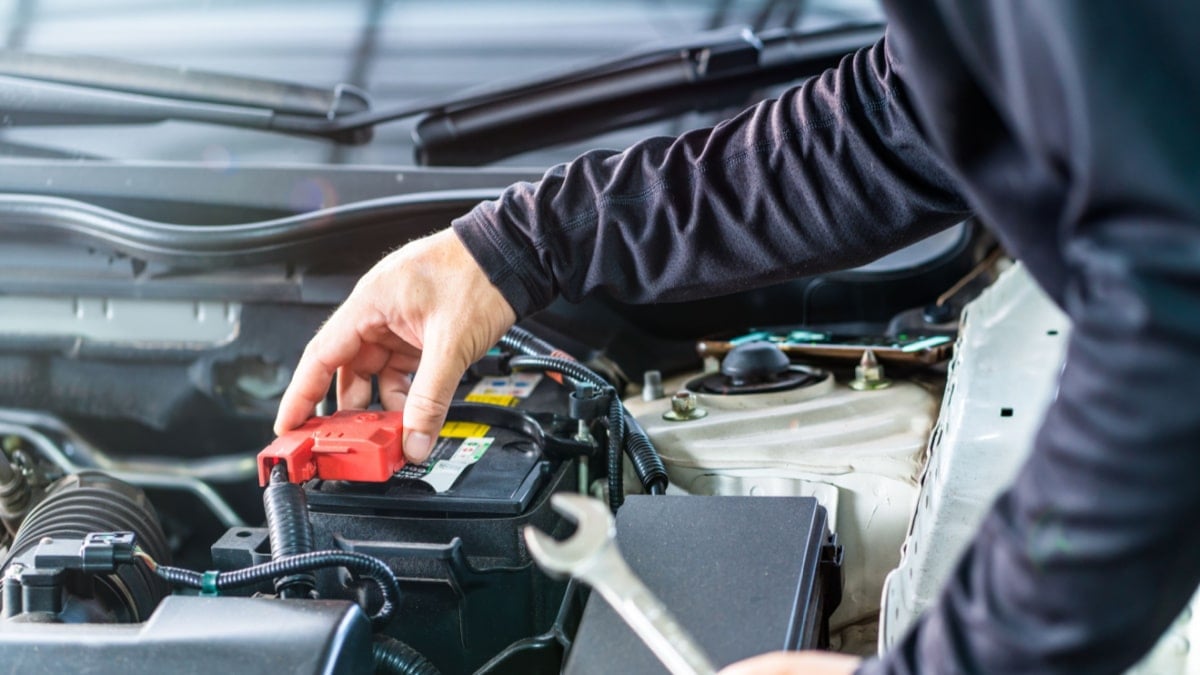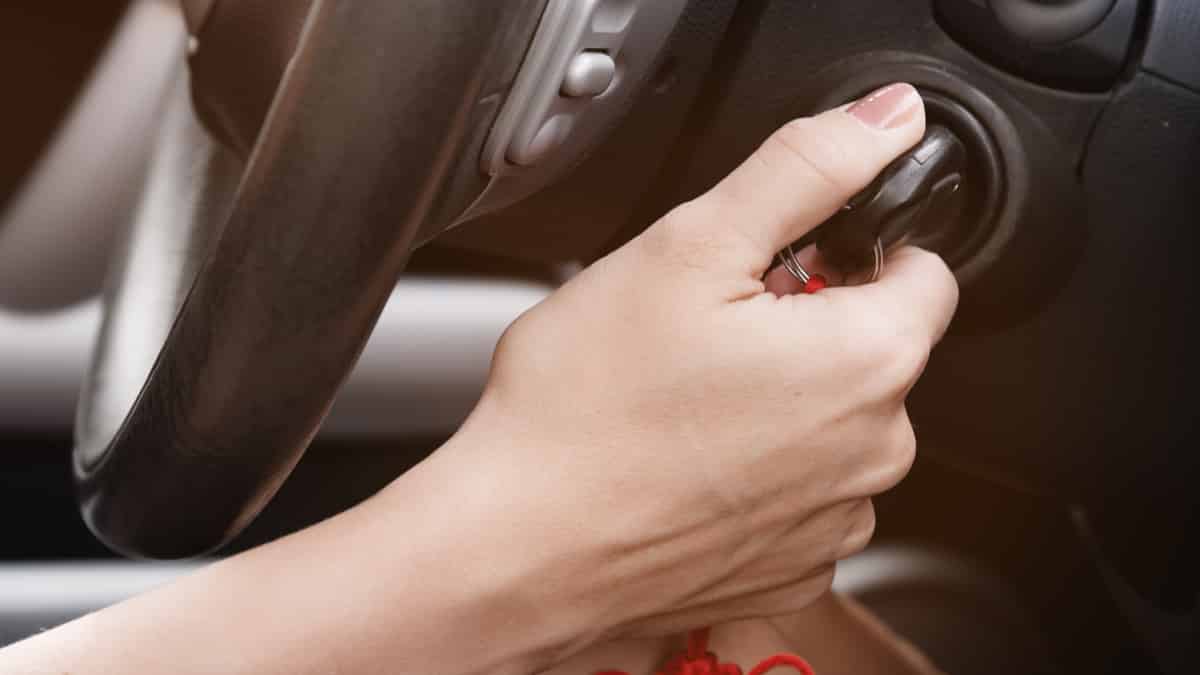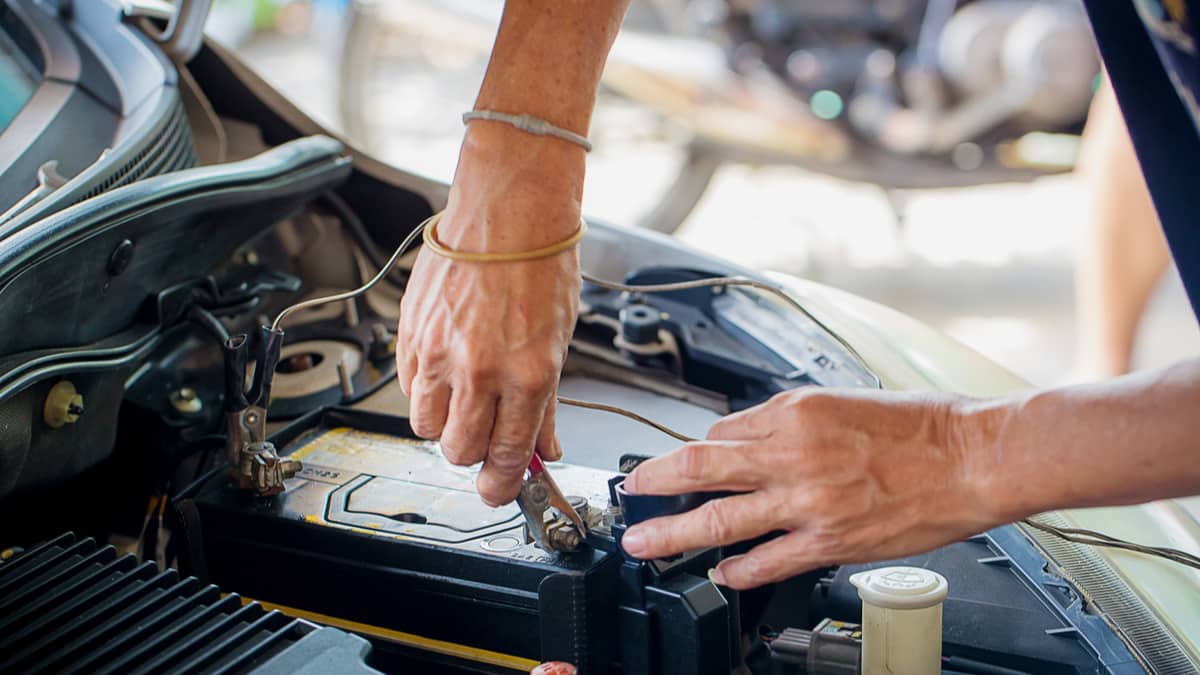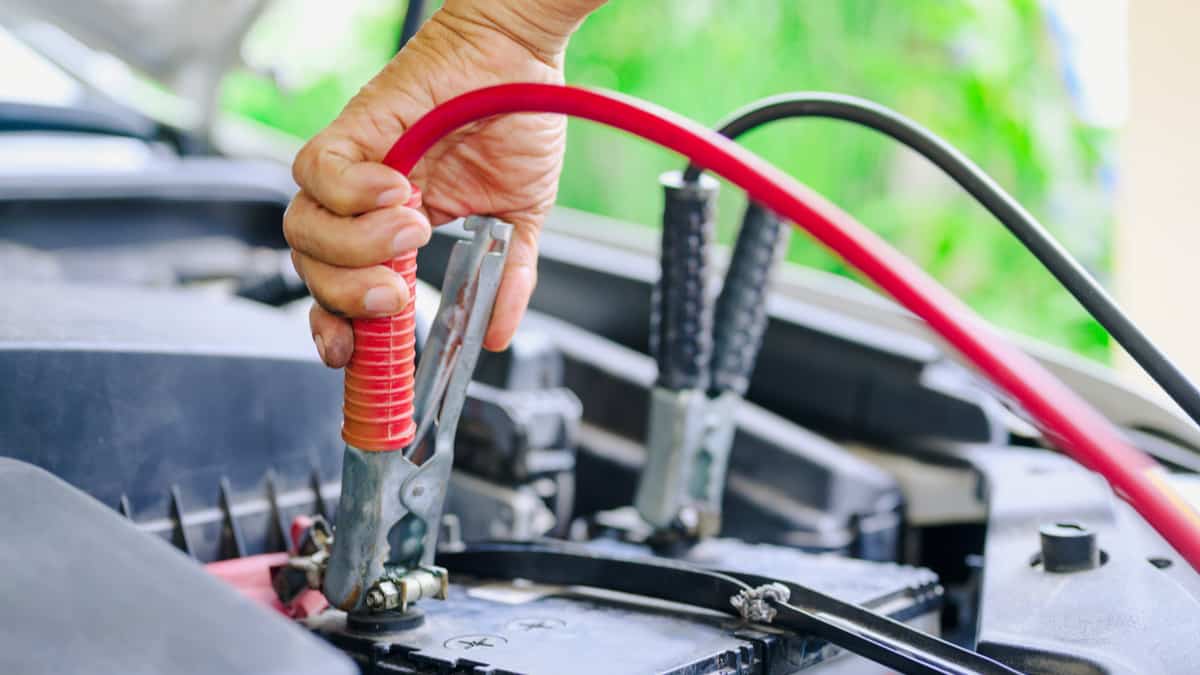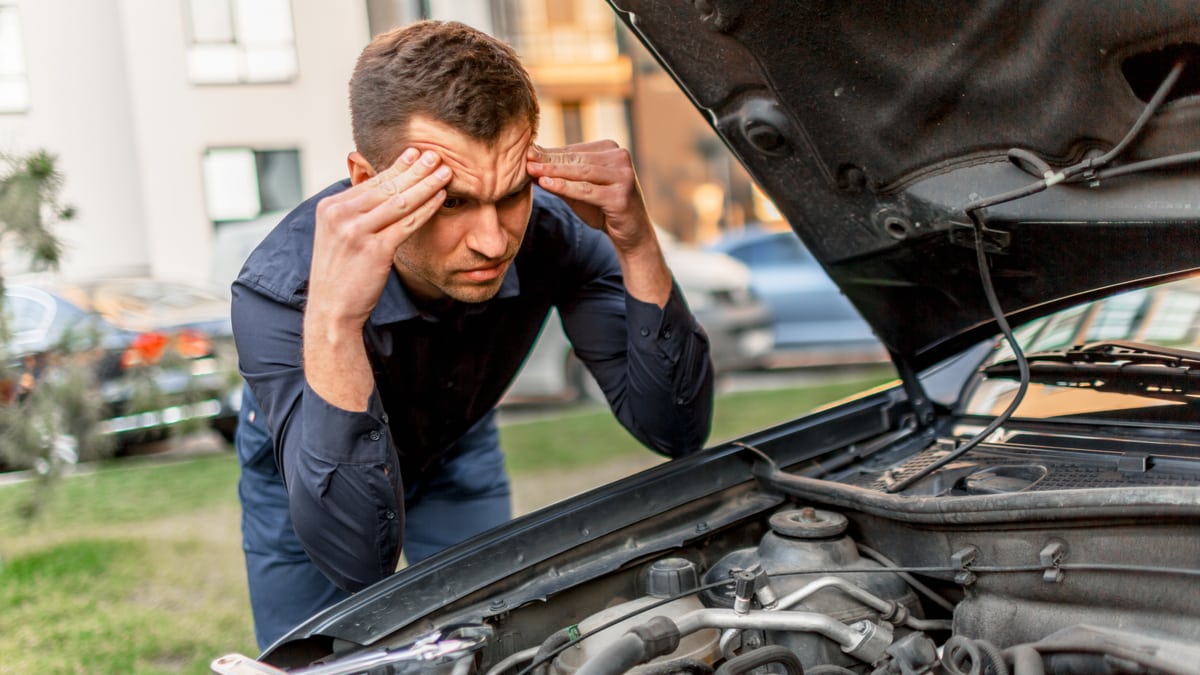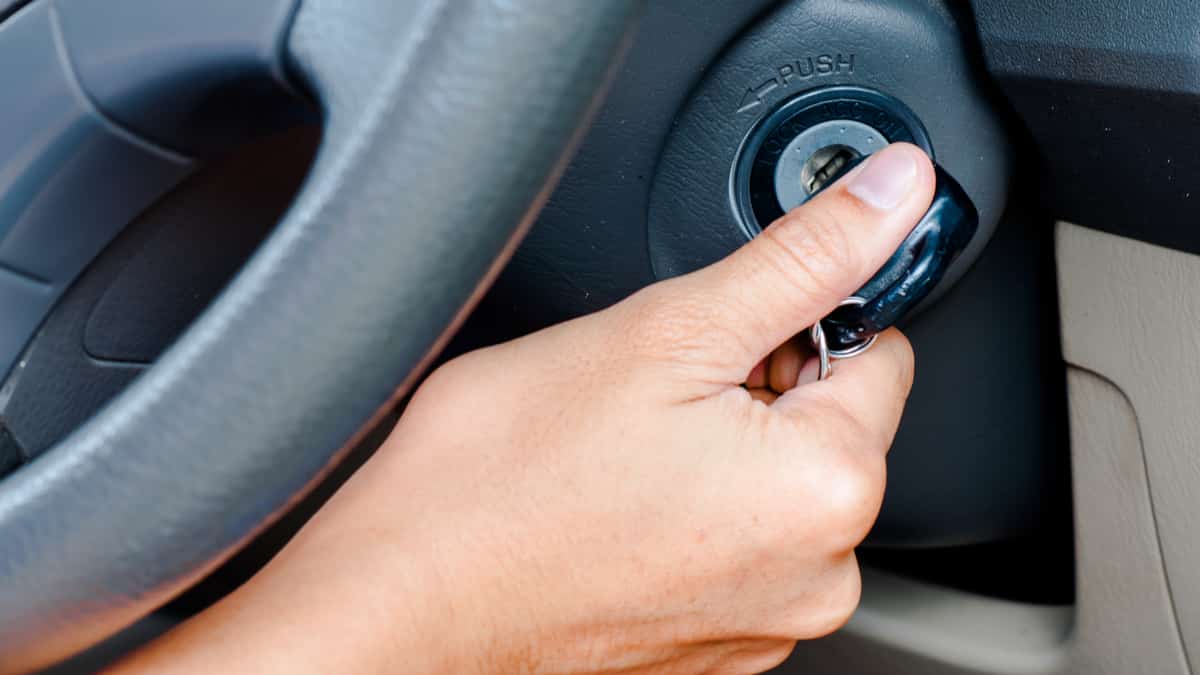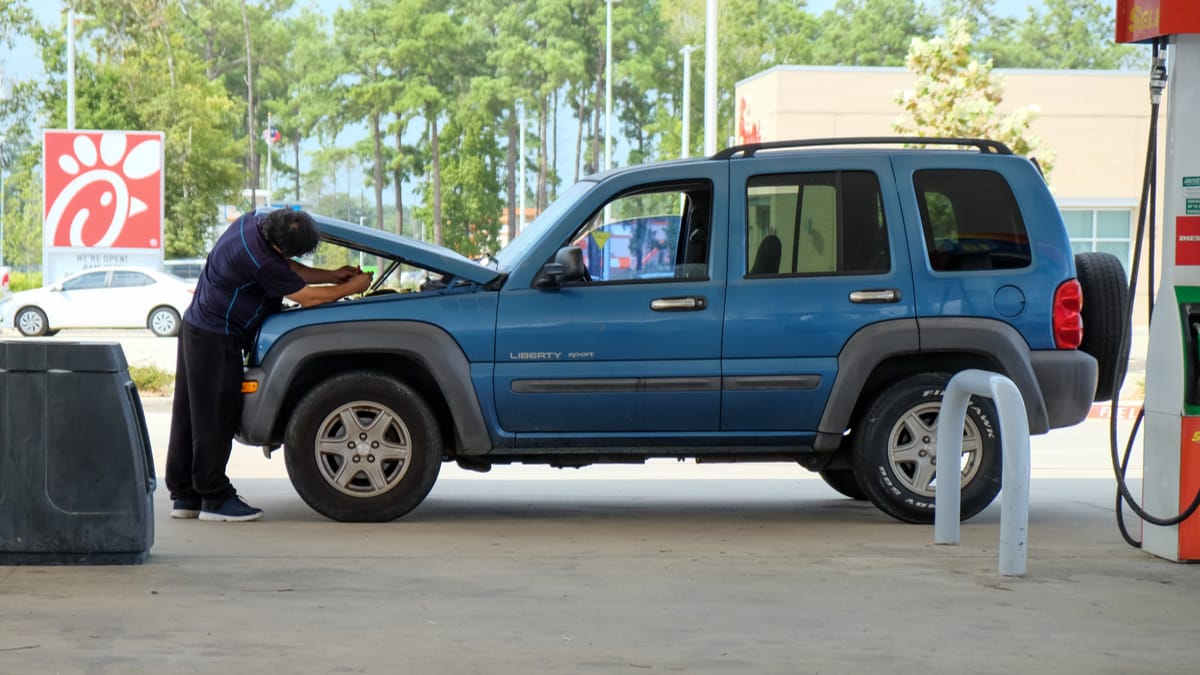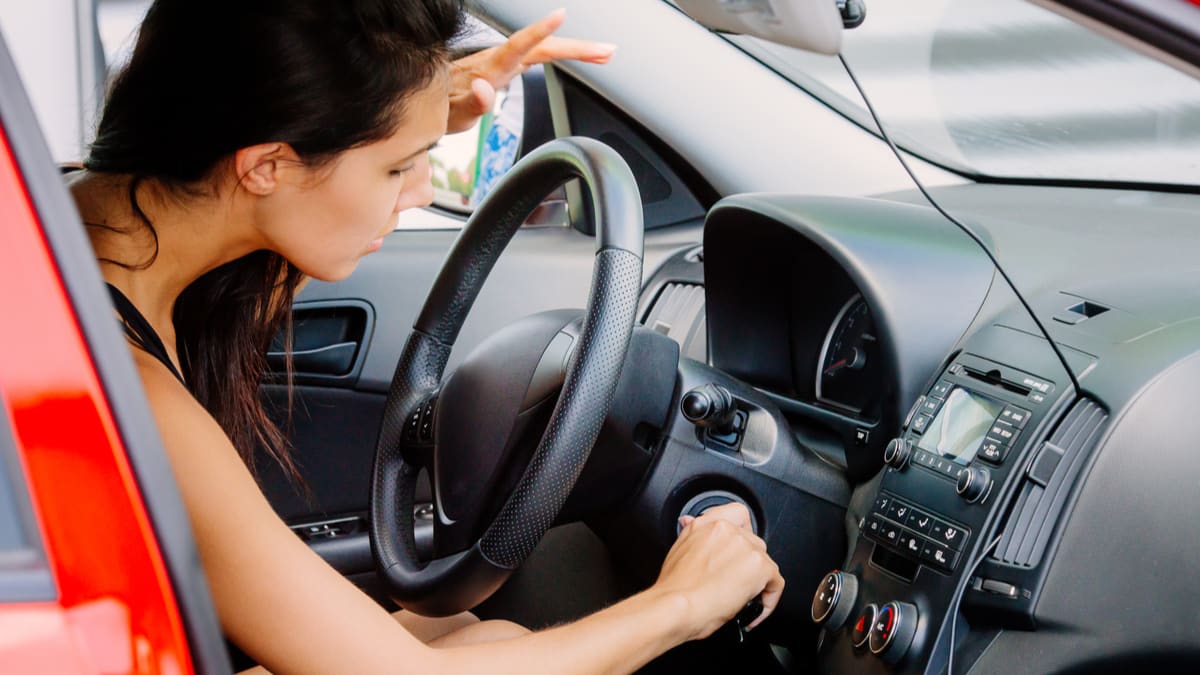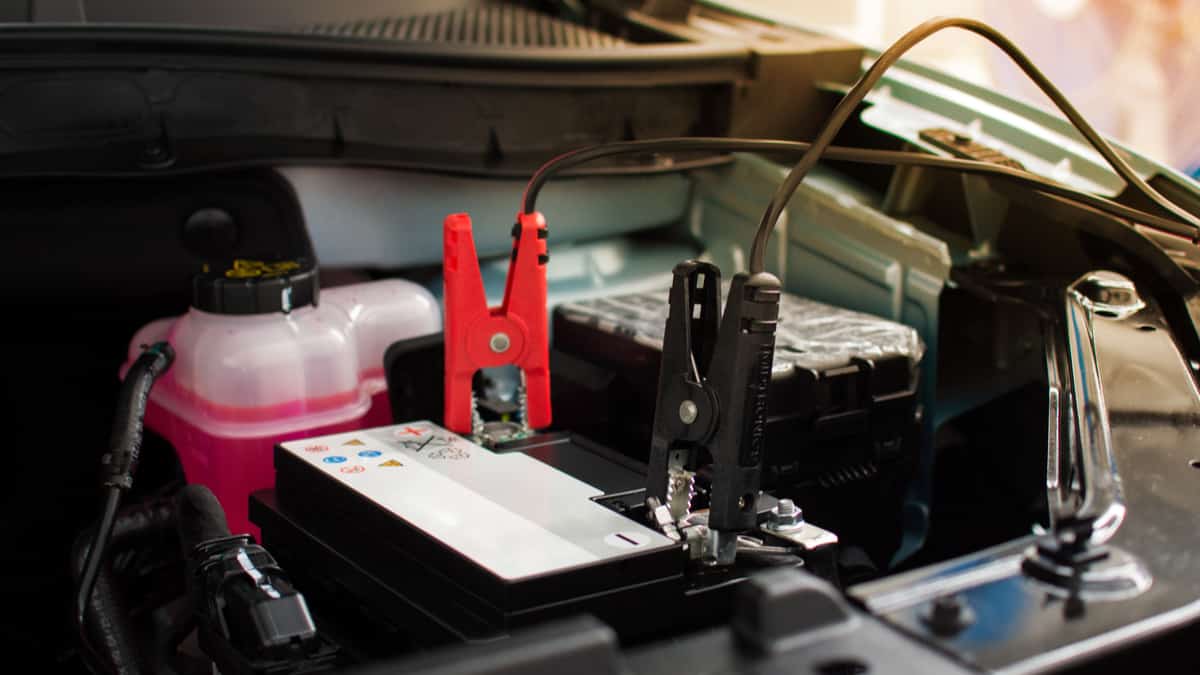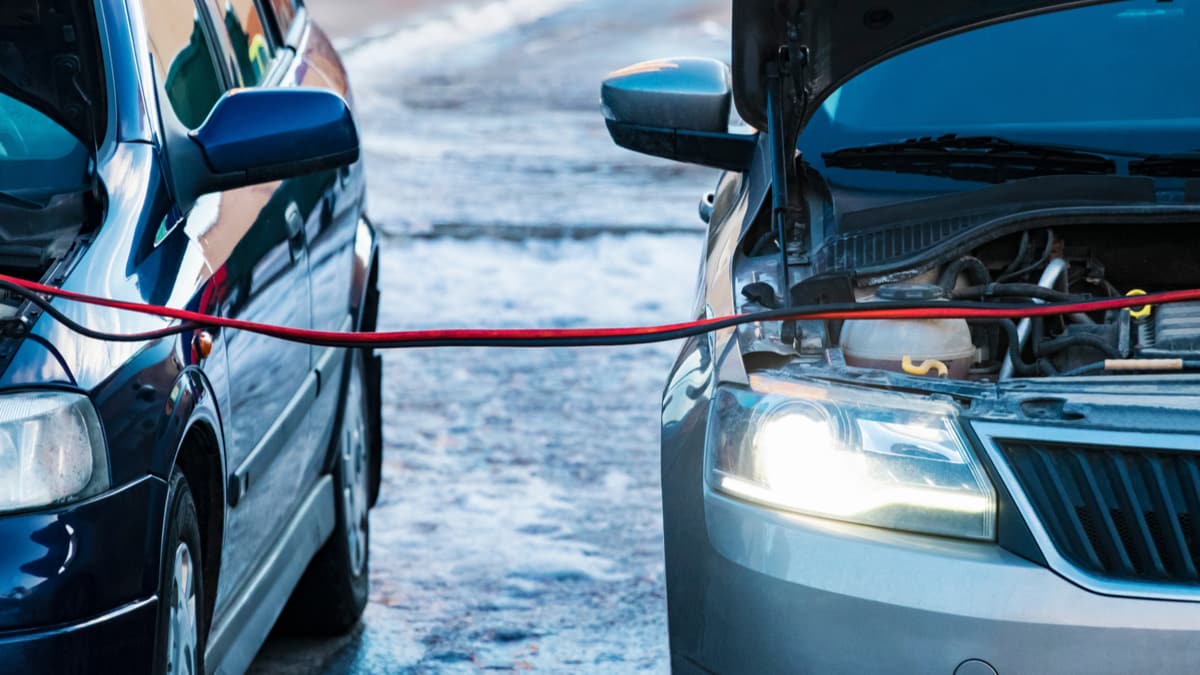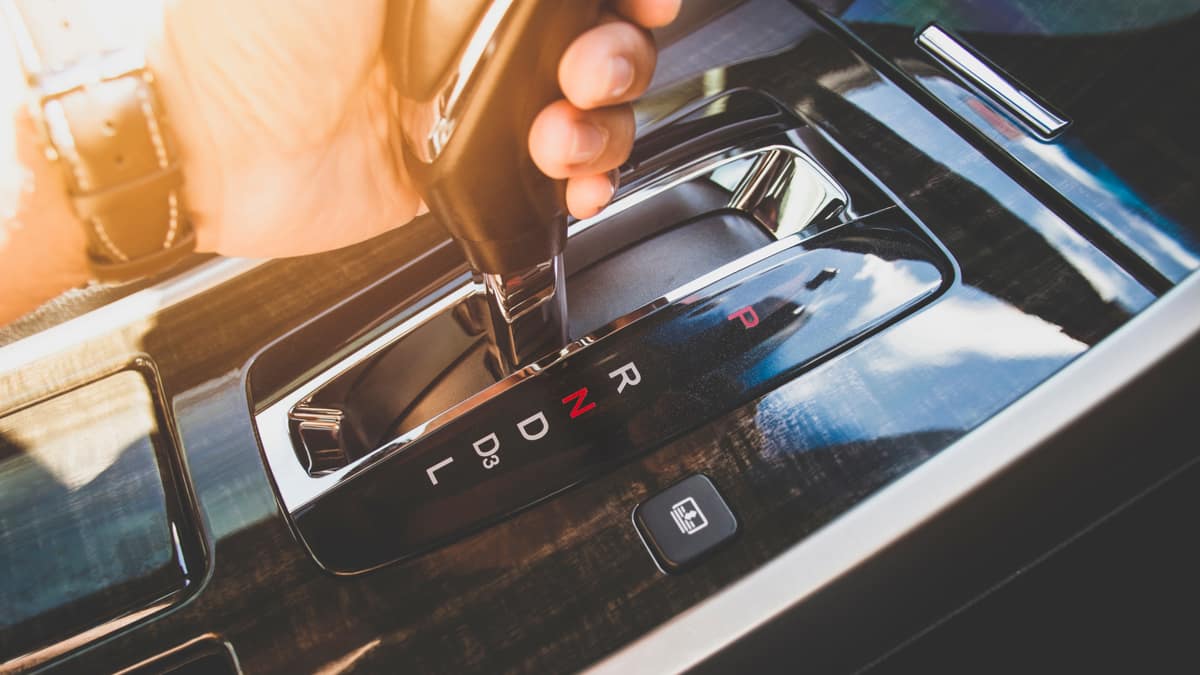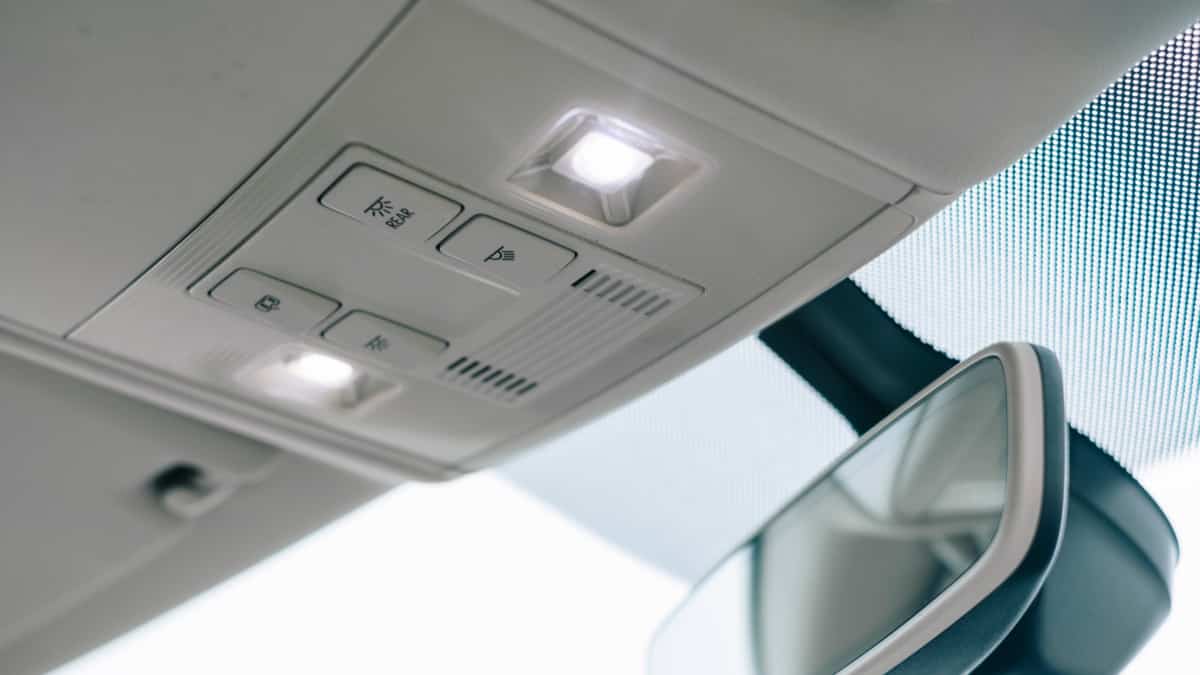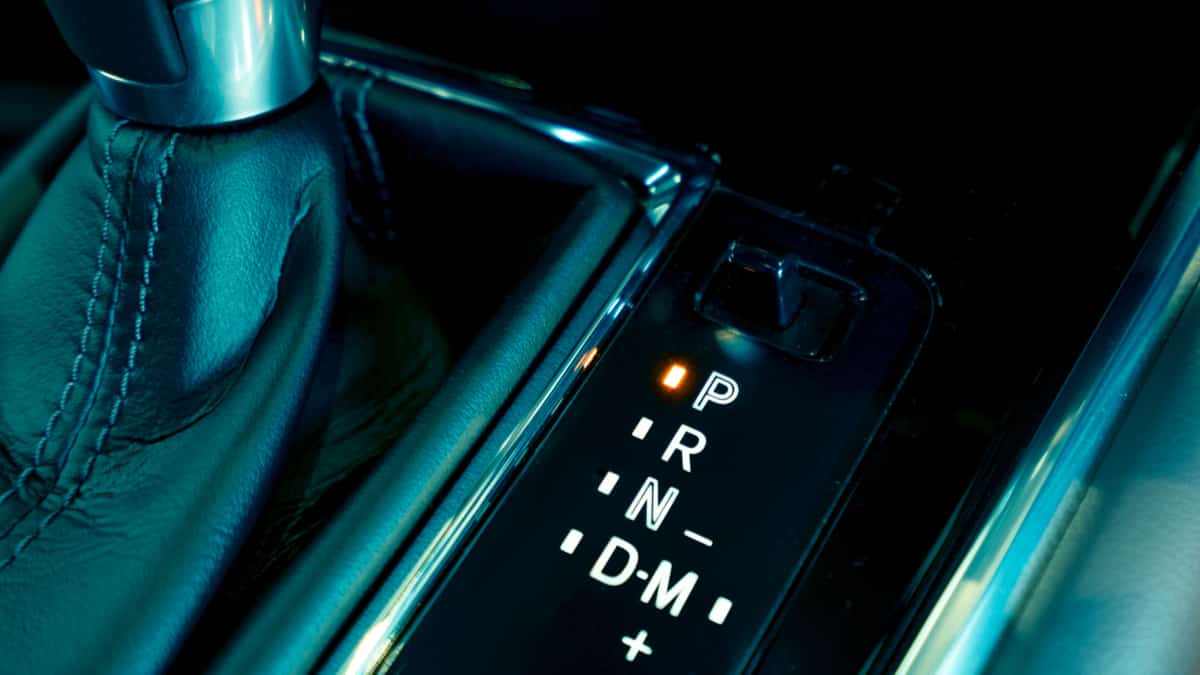Owning a vehicle can be the highlight of a day and a nightmare all in one. The first time you drive the car off of the lot, you feel like a proud parent. But, those feelings can quickly turn sour the first time the car won’t start.
If you find yourself wondering why your car won’t start, I’ve got some common causes to consider. While there can easily be more, these are 10 probable reasons why your car won’t start.
With a little mechanical know-how, you can figure out which one is the culprit. Let’s have a quick overview of some of the possible causes.
10 Reasons Why Your Car Won’t Start
The most common reason why a car won’t start is due to a dead car battery or loose car battery terminals. It can also be caused by a bad starter, but if it cranks but won’t start, it could be caused by a faulty spark plug or a clogged fuel filter.
These are just some of the most common causes. Here’s a more detailed list of the reasons why your car won’t start:
1. A Dead Battery
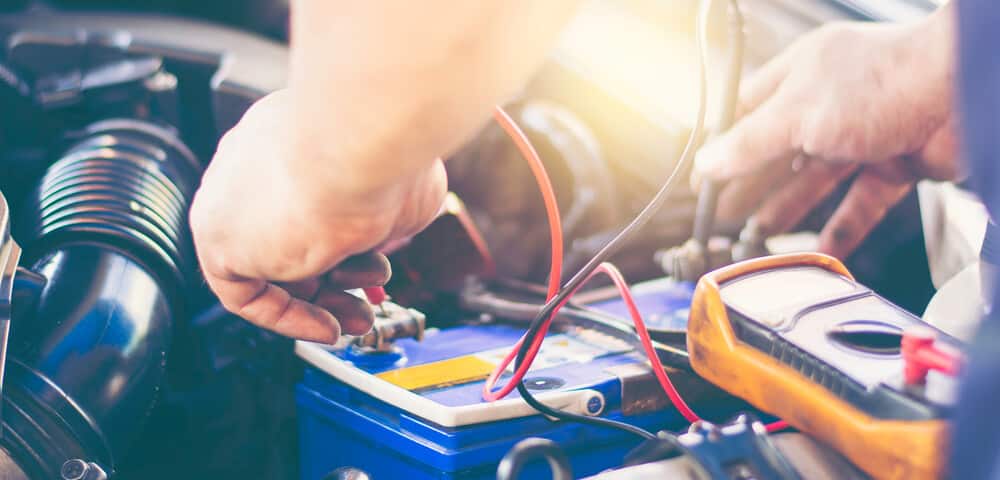
The first thing you need to check if your car won’t start is if the car battery is charged or not. Maybe something drained the car battery during the night, or maybe the car battery is just old.
Over time, car batteries become weak and fail. Sometimes, you have a warning that it is going to happen and other times, you are surprised. Aside from old age, batteries also die because accessories were left on. If you keep a jump starter in the car, you might be able to get some life into the battery – enough to get to work and home.
RELATED: DEAD Car Battery – What to do & What Causes it?
2. Corroded or Loose Battery Terminals
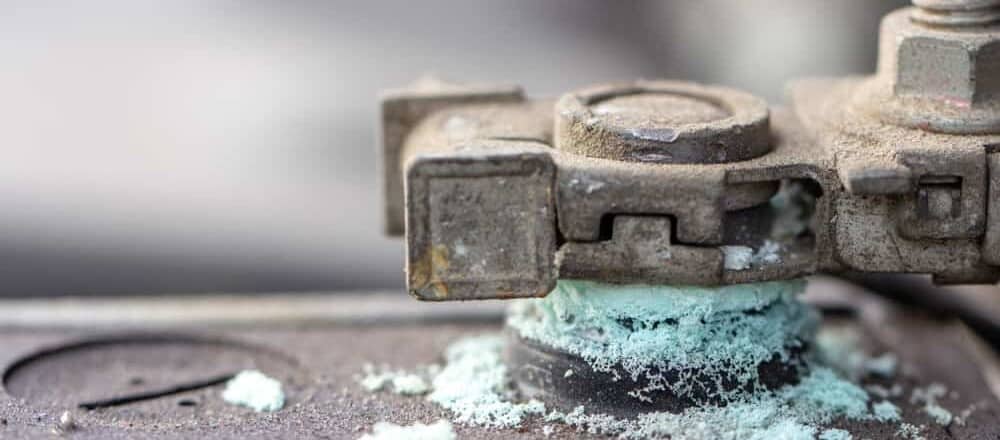
If the battery isn’t dead, it could still be causing your problems. Inspect the connections to make sure nothing has come loose or become corroded.
The clamps should be secure and tight on the terminals. If there is any kind of corrosion, that could affect the connection. Thankfully, it’s simple to clean the terminals with a solution of baking soda and water.
To prevent this from occurring in the future, make sure you regularly clean the battery terminals and check the connections.
RELATED: Battery Terminal Corrosion – Causes, Fixes & Prevention
3. Dead Alternator
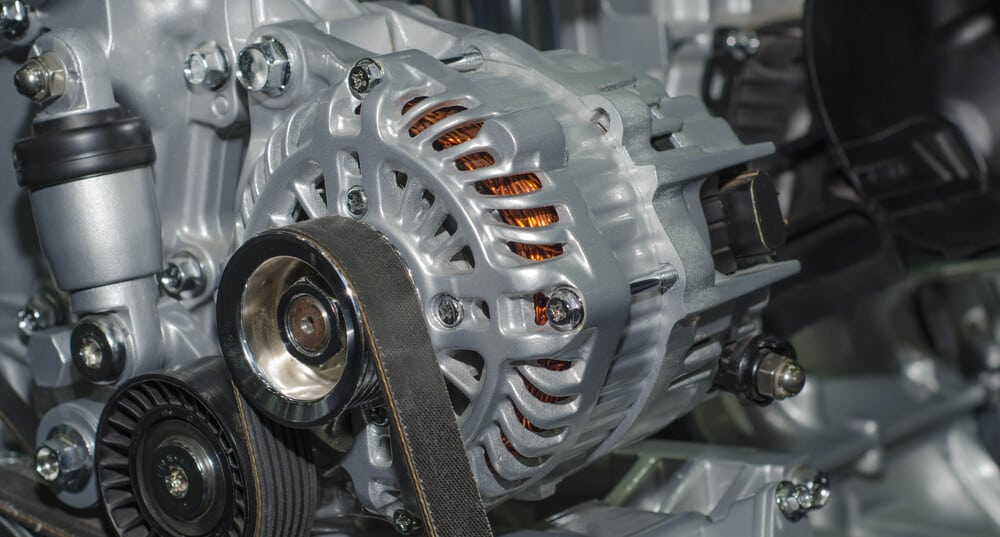
Another reason the car battery dies is because of a faulty alternator. This vital component charges the battery while the vehicle is on. When it fails, the battery can no longer receive the charge it needs.
Occasionally, you will notice warning signs that the alternator is dying. Look for dimmer headlights or trouble cranking the engine. Additionally, if the serpentine belt starts to slip or is worn, it won’t be able to power the alternator, thereby leaving you with a dead battery.
Many people figure out that the alternator is bad after replacing a battery and having the same issues.
RELATED: 6 Causes of an Alternator Not Charging
4. Bad Starter motor
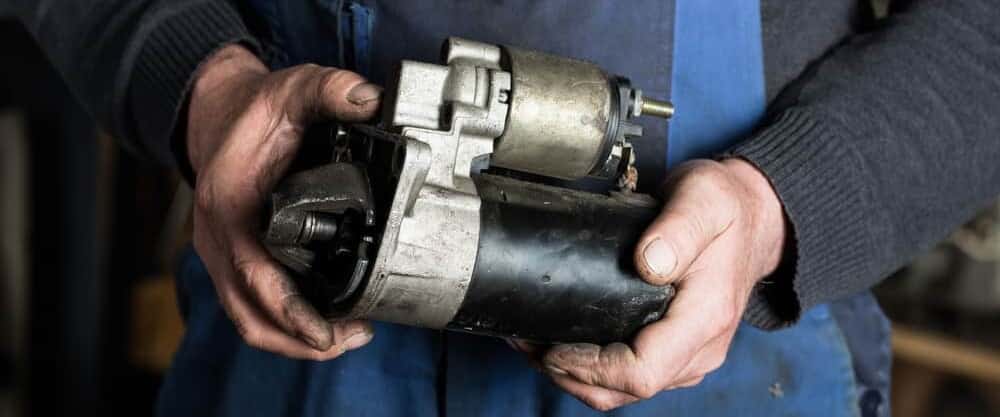
The starter is the part that starts the car engine. It’s a simple electric motor that connects to the battery and sends signals to the engine to start when you turn the ignition switch.
If your car is completely dead once you turn the key and you can’t hear anything from the engine, it is very likely that your starter is bad.
Once the engine cranks over, the starter has no more responsibility. However, when it fails, the car won’t start. It might crank over slightly or not at all. Typically, this issue corresponds with a clicking sound that is indicative of a failed starter.
Mechanic Tip: Try to tap the starter with a long stick or something similar at the same time as your friend is turning the ignition switch and trying to start the engine. If the engine starts with this, it is most likely a bad starter motor.
If your car battery is fine and the car engine is still not cranking, you should definitely check the starter.
RELATED: 5 Symptoms of a Bad Starter Motor
5. Failed Ignition Switch
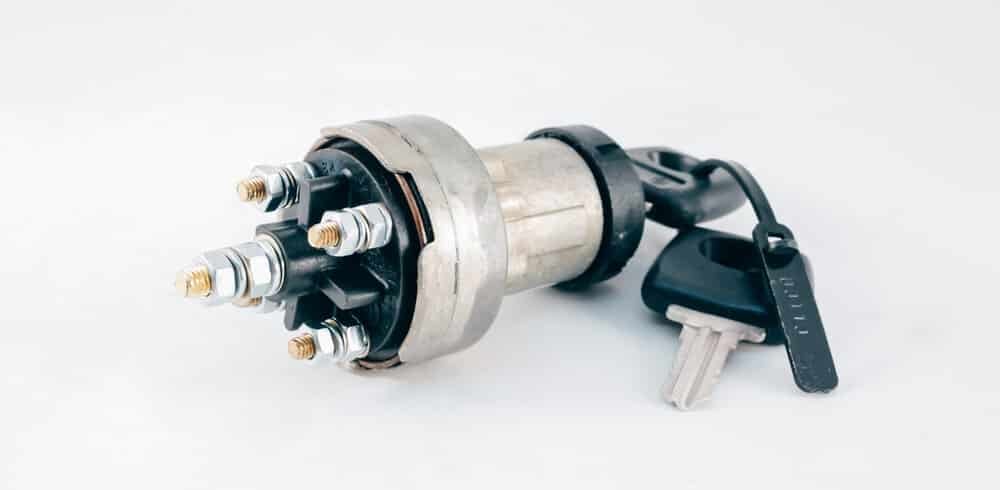
If the battery has a charge and the starter is fine, but you still can’t get the engine to turn over, a faulty ignition switch could be causing your trouble. However, this cause also comes with several other tell-tale signs.
Look for flickering dashboard lights and a lack of noise coming from the engine when you try to start it. Additionally, you might not be able to turn the key at all, indicating that the ignition switch failed.
RELATED: 6 Symptoms of a Bad Ignition Switch
6. Defective Spark Plugs
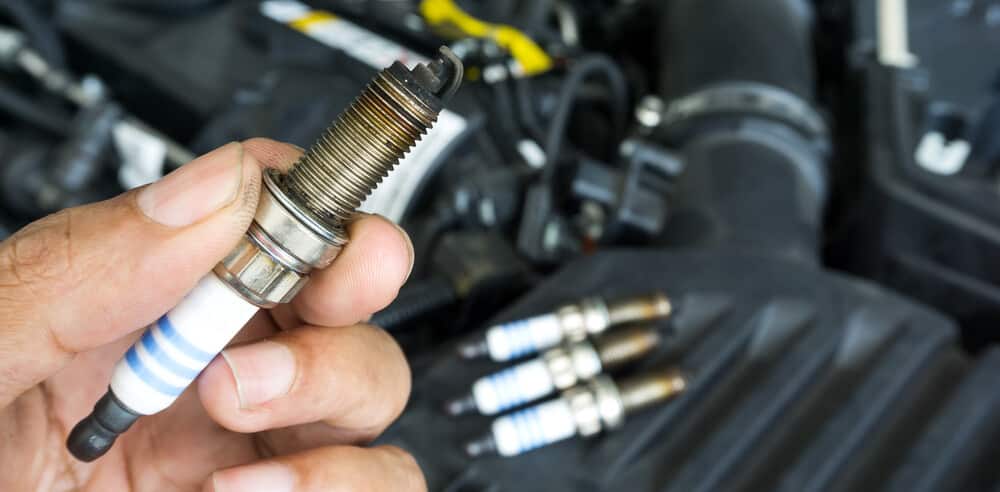
If your car engine turns over, but the car won’t start anyways, it is time to check the spark and fuel. First, let’s begin with the spark plugs.
Modern vehicles can go a long time without needing new spark plugs. However, once the car hits about 100,000 miles, it’s generally wise to replace them.
Failed spark plugs can create a long list of performance issues, such as misfiring, rough idling, trouble accelerating, poor fuel efficiency, and an illuminated Check Engine Light. However, defective plugs or wires can also stop the car from starting.
RELATED: 6 Symptoms of Bad Spark Plugs
7. Out of Gas
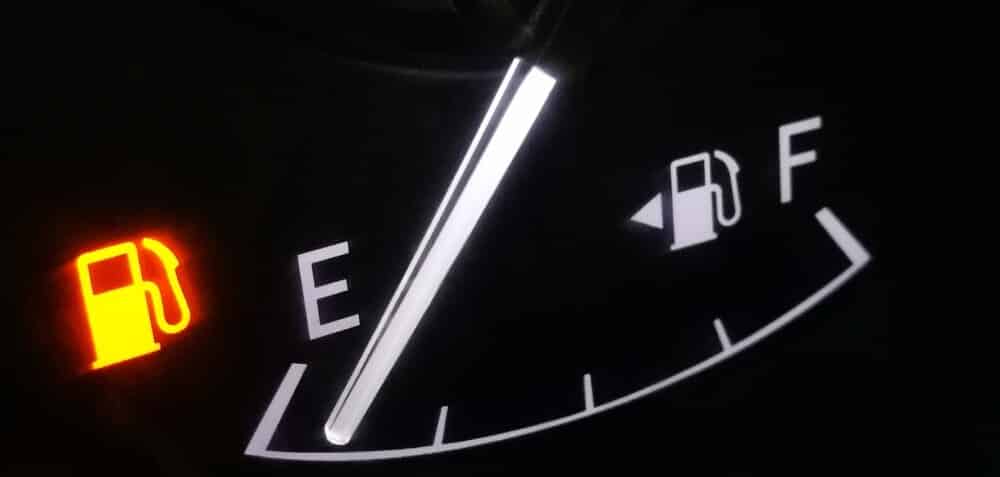
Your vehicle needs fuel to run, so if the tank has been emptied, there’s no way you are getting the motor started. Most times, running out of fuel will occur while you are driving, leaving you with trouble restarting the engine.
Today’s vehicles have accurate fuel gauges that show you exactly how much gas you have left in the tank, so there’s no reason to run out. Plus, you shouldn’t run your vehicle with less than a ¼ of a tank of fuel, or the pump could go bad.
8. Clogged Fuel Filter
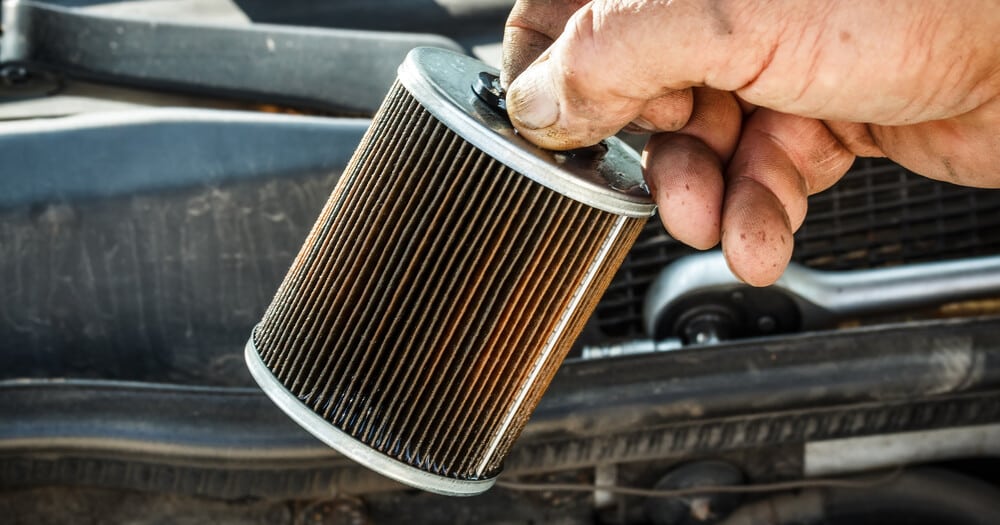
The fuel filter is a necessary part of the fuel delivery system. It traps debris and contaminants that would otherwise cause damage to the injectors and engine.
However, as time goes on, the fuel filter can become clogged. When this happens, the flow of fuel is hindered, leaving the engine without a necessary component for combustion.
Changing the fuel filter is considered a maintenance task that should never be overlooked. Check the owner’s manual to find out how often you should replace the fuel filter.
RELATED: 5 Symptoms of a Bad or Clogged Fuel Filter
9. Malfunctioning Fuel Pump
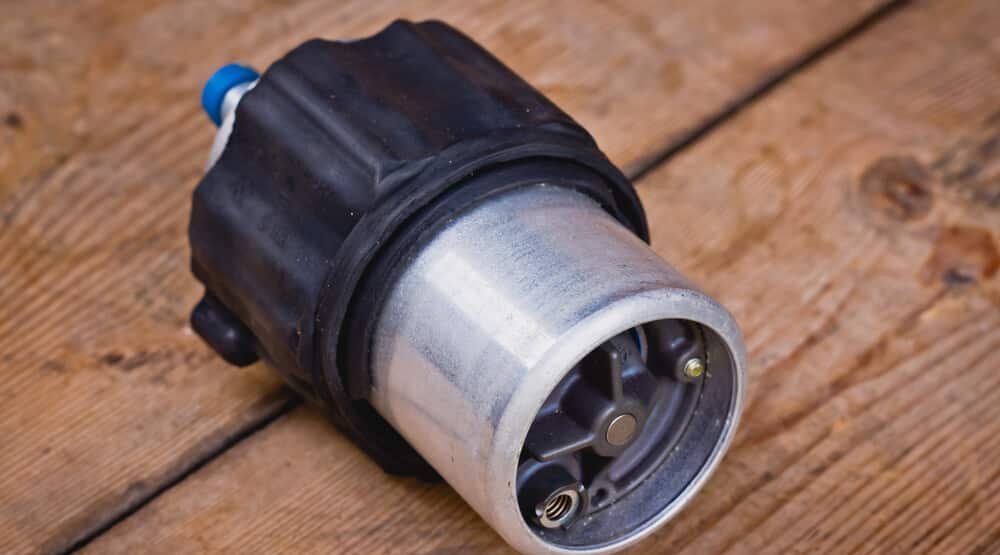
The fuel pump is responsible for delivering gasoline from the tank to the engine. If gas can’t get to the engine, there cannot be a combustion process.
The fuel pump must supply the right amount of fuel at a precise pressure to accommodate the performance and speed. Immediately upon starting the car, the fuel pump goes to work, sending gas. However, when the pump fails, the fuel cannot get to the engine, and your vehicle will cease to run.
As the fuel pump starts to go bad, you might notice a rough idle, hesitation and other performance issues.
RELATED: 8 Symptoms of a Bad Fuel Pump
10. Electronic Malfunction
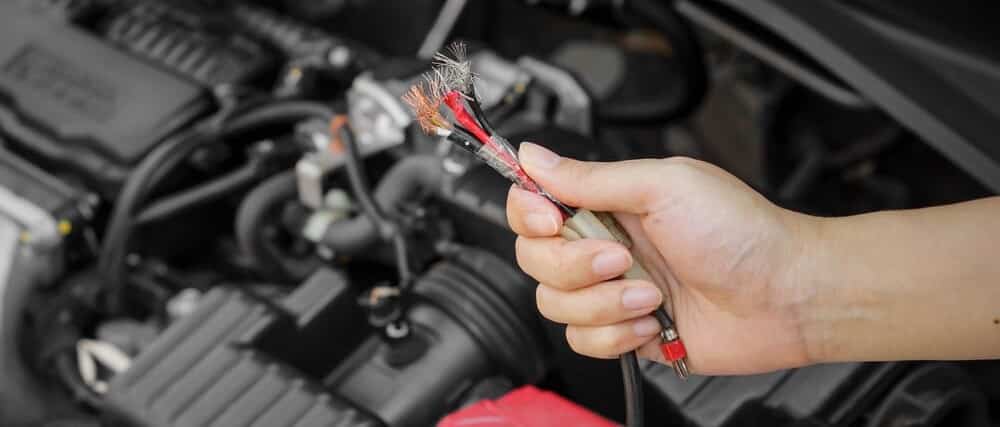
Technology has come a long way, and our newer cars are filled with the latest gadgets. However, these conveniences can also lead to issues. Equipment such as starting modules and remote keyless entry can fail.
Take the new Start buttons as an example. This advanced design is slowly replacing the ignition key as a means of starting. The Start button gets a code from a proximity key, but it could fail. If the battery in the key fob had gone bad, this could also lead to starting issues.
One thing is sure; if you pay attention to the symptoms your vehicle is showing, you should be able to figure out the reasons why your car won’t start.
Other related issues:
- Car Hesitates to Start – Causes & How to Fix
- Car Won’t Start But The Radio And Lights Work
- Car Engine Cranks But Won’t Start?
- Car Won’t Start After Getting Gas
- Car Won’t Start After Replacing Battery
Tags: Starting Issues
Categories: Troubleshooting
